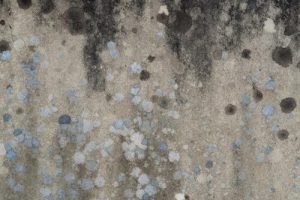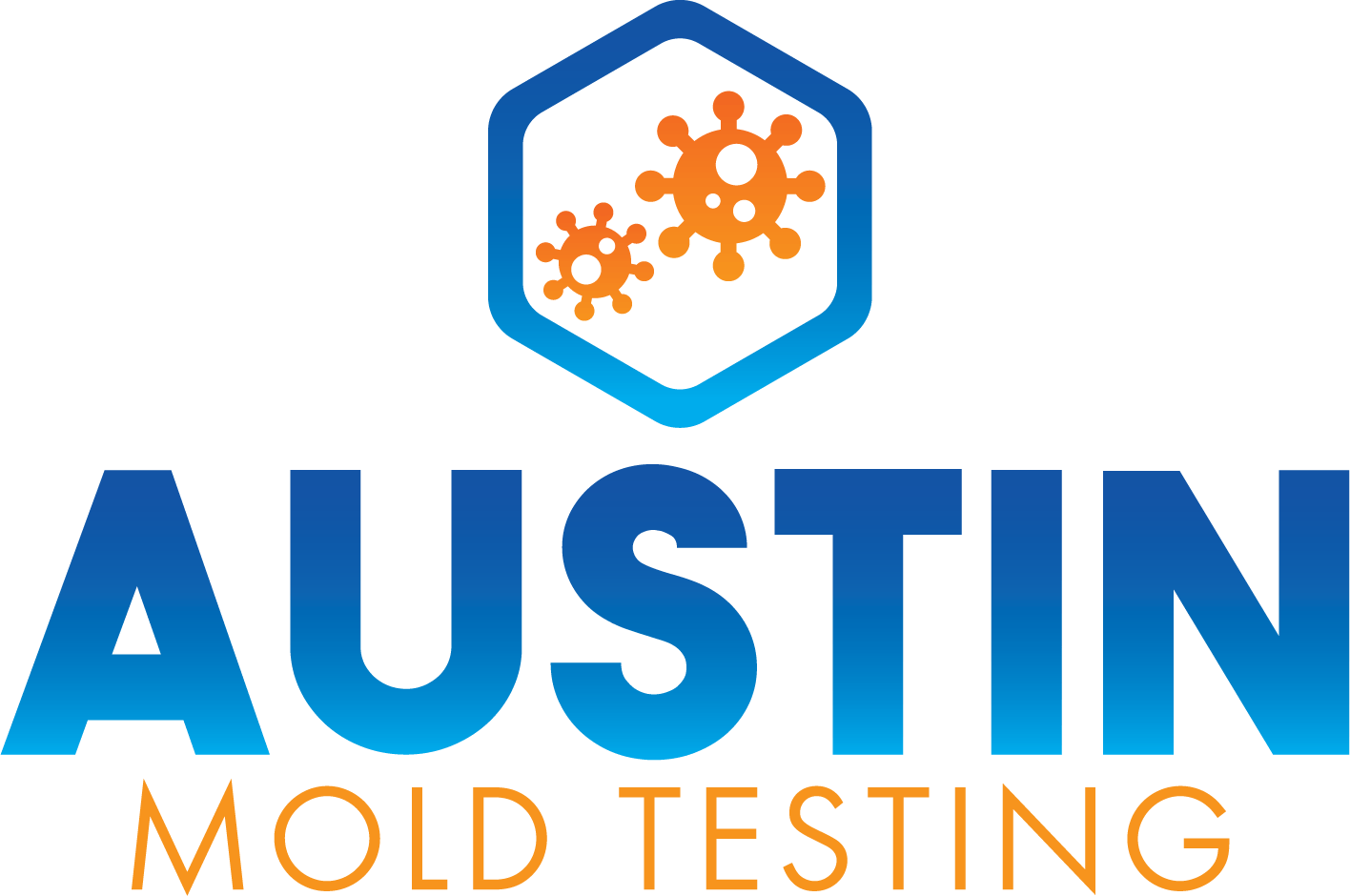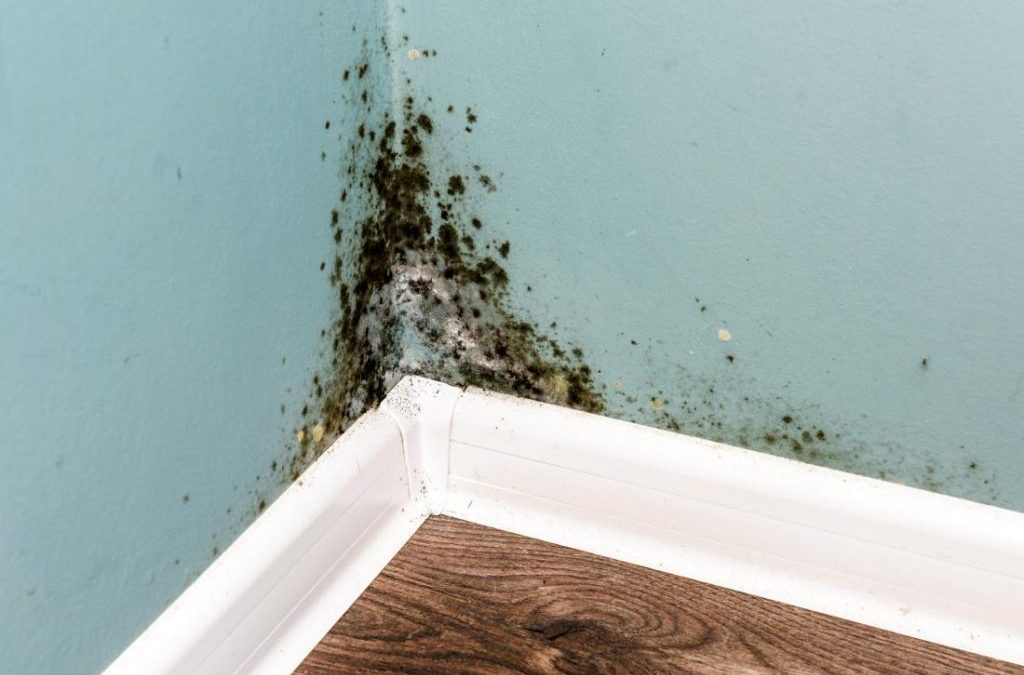
To determine if mold is present in your house, you can conduct a visual inspection and look for
common signs of mold growth. Here’s a step-by-step guide:
Check Moisture-prone Areas: Begin by inspecting areas of your home that are prone to
moisture, such as bathrooms, kitchens, basements, attics, and around windows and doors. Mold
thrives in damp environments, so these areas are more likely to harbor mold growth.
Look for Visible Mold: Check for any visible signs of mold growth, which may appear as black,
green, brown, or gray patches on surfaces such as walls, ceilings, floors, and around plumbing
fixtures. Pay attention to areas with water damage, leaks, or condensation.
Follow Your Nose: Mold often emits a musty, earthy odor, especially in areas with hidden mold
growth. If you notice a persistent, unpleasant smell in certain areas of your home, it could be a
sign of mold.
Inspect Hidden Areas: Don’t forget to inspect hidden or less visible areas where mold can lurk,
such as behind furniture, inside closets, under sinks, and behind appliances. Use a flashlight to
illuminate dark areas and look for signs of mold growth.
Check HVAC System: Mold can also grow in the HVAC (heating, ventilation, and air conditioning)
system, especially if there is moisture or condensation present. Inspect air vents, ducts, and air
filters for signs of mold contamination.
Examine Fabrics and Upholstery: Mold can also grow on fabrics, upholstery, and carpets,
especially if they have been exposed to moisture. Check for discoloration, musty odors, or
visible mold growth on these surfaces.
Monitor Humidity Levels: High humidity levels can promote mold growth in your home. Use a
hygrometer to measure indoor humidity levels and keep them below 60% to prevent mold
growth.
mold inspections and testing.
By following these steps and conducting a thorough inspection of your home, you can identify
any signs of mold growth and take appropriate measures to address the issue. Remember that
early detection and prompt remediation are key to preventing mold-related problems and
maintaining a healthy indoor environment.

